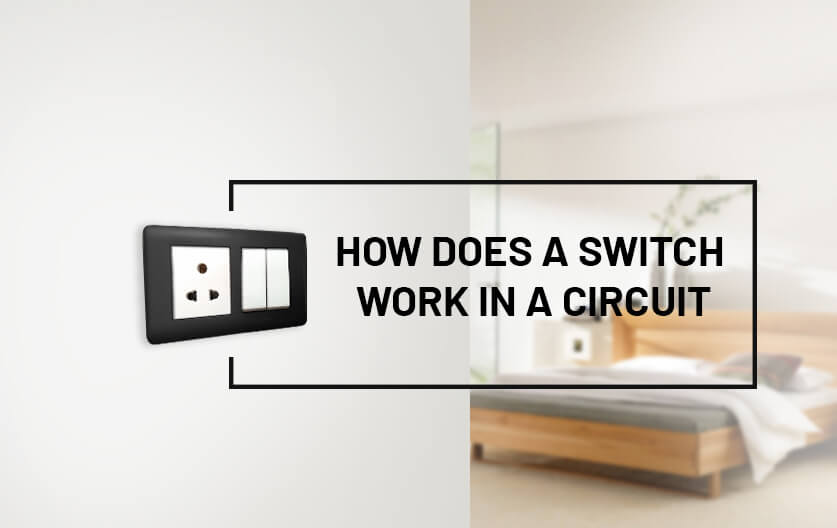Everyone can recognize from its name alone the value of having a safety switch. But the reality
is there can often be misunderstandings surrounding safety switches, sometimes even among
people and businesses that have used them before. This can make it harder to understand why
having the correct safety switch is necessary – and that can be dangerous. So let’s look now at
why it’s important to use the correct safety switch.
The Specifics of a Safety Switch
A safety switch – AKA a residual current device – is a switch that helps protect the residence
and its inhabitants against the risk of electrocution and fires that result from electrical faults. A
switch can cut off in under 1 second if it detects danger. Safety switches work by constantly
monitoring the flow of electricity to the switchboards wires, and will cut the power if a problem is detected in that flow.
In addition to safety switches, fire safety measures such as smoke detectors, fire extinguishers, and professional fire safety services play a vital role in safeguarding your home. Monthly Fire Extinguisher Inspection along with maintenance of electrical systems, can significantly reduce the risk of electrical fires.
Know Using a Safety Switch Isn’t the Same as a Circuit Breaker
One of the common misunderstandings surrounding safety switches is the difference between them and a circuit breaker. In a general sense, there is some overlap between what each device does as they can both enhance safety and minimize damage. But they are not the same thing, and a failure to recognize they’re different can pose a hazard to both people and the premises. Similarly, understanding how do fire extinguishers work is crucial for safety, as knowing the right tool for the job can prevent disasters.
Is a Safety Switch Mandatory?
Australia law mandates a safety switch must be installed in residential switchboards once
certain criteria are met. Although there is some variation across Australia regarding when a safety switch must be installed – for example with some states only requiring a safety switch to be installed on an existing home once it is sold – all new homes require safety switches to be installed. For businesses, it may not be mandatory to have a safety switch but it’s prudent to have – especially because any harm a person encounters at the premises that a safety switch could have prevented could be a breach of a businesses’ duty of care.
What Can Go Wrong Without the Right Switch
Using the correct safety switch is critical. Just the same as safety switches and circuit breakers
are not the same devices, if the wrong safety switch is in use it could be ineffective. This is
particularly dangerous because it won’t shut down the power in the event of a problem. Yet also because people inside the premises may fail to register concern and take prompt action
surrounding a safety issue if they incorrectly think the installed safety switch is operational.
Correcting a Safety Issue
The reasons detailed here are just some of the many that show it’s always essential to ensure
the correct safety switch is chosen for a switchboard. There are many variables when it comes to which safety switch is ideal for a particular switchboard, but it’s vital to ensure when the time
comes for one to be installed that the right type is chosen. It’s also important to understand one
safety switch may not be sufficient for a switchboard, and multiple may ultimately be required.
This owing to the fact one safety switch is required to cover each circuit.
